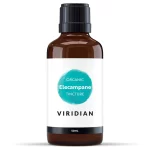
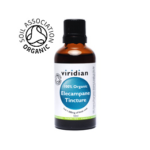
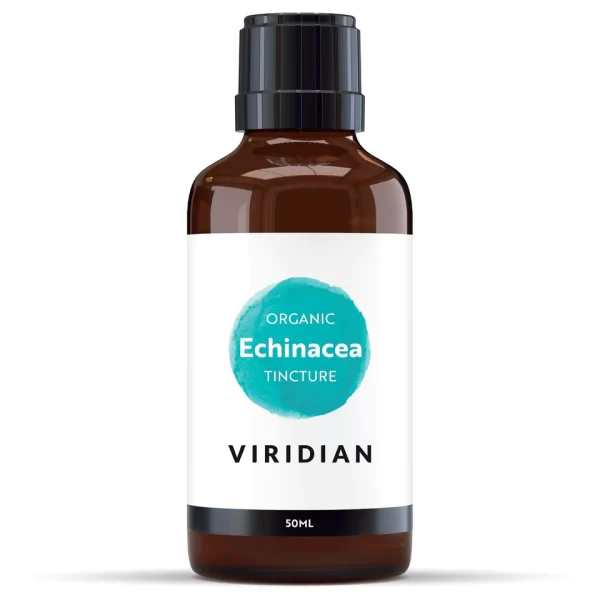
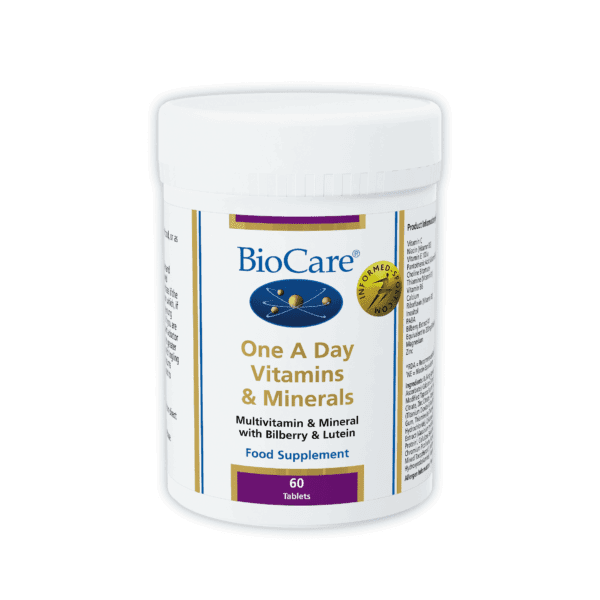
Organic Elecampane tincture Viridian
£10.90 Original price was: £10.90.£8.69Current price is: £8.69.
Elecampane
Viridian Organic Elecampane, scientifically known as Inula helenium, is a perennial herbaceous plant native to Europe and Asia but has also naturalized in North America. It is a member of the Asteraceae family and is known for its historical and medicinal uses. Here are some key points about elecampane:
1. **Appearance:** Elecampan is a tall herb that can reach heights of up to 5-6 feet (1.5-1.8 meters). It has large, coarse, lance-shaped leaves with serrated edges and yellow, daisy-like flowers that grow in clusters at the top of its stems.
2. **Traditional Uses:** Elecampan has a long history of use in traditional herbal medicine, dating back to ancient civilizations. It was particularly valued for its medicinal properties, and various parts of the plant, including the roots and leaves, were used for therapeutic purposes.
3. **Medicinal Uses:** The primary medicinal part of the elecampane plant is its root, which contains a variety of compounds, including essential oils, sesquiterpene lactones, and mucilage. In traditional herbal medicine, elecampane was used for the following purposes:
– **Respiratory Health:** It was commonly used to treat respiratory conditions such as coughs, bronchitis, and asthma due to its expectorant and bronchodilatory properties.
– **Digestive Health:** Elecampane was used to alleviate digestive issues, including indigestion, bloating, and intestinal parasites.
– **Anti-Inflammatory:** Some traditional uses included the treatment of inflammatory conditions and arthritis.
4. **Culinary Uses:** Historically, elecampan was also used as a culinary ingredient. The roots were candied and used to make sweets, and they were used as a flavoring in liqueurs and alcoholic beverages.
5. **Modern Uses:** In modern herbal medicine, elecampane is less commonly used than it once was, but it can still be found in herbal remedies and supplements aimed at respiratory health and digestive support. It is often available in various forms, such as tinctures, teas, or capsules.
6. **Precautions:** While elecampan has a history of traditional use, it’s essential to exercise caution when using it, especially in medicinal preparations. The plant contains potentially toxic compounds, and excessive consumption can lead to adverse effects. It is generally recommended to use elecampane preparations under the guidance of a qualified herbalist or healthcare provider.
7. **Cultivation:** Elecampan can be grown in a garden, and its large, showy flowers make it an attractive addition. It prefers well-drained soil and full sun to partial shade. The roots can be harvested in the fall for medicinal or culinary use.
Before using elecampane or any herbal remedy, it’s advisable to consult with a healthcare professional, especially if you have underlying medical conditions or are taking medications, as there may be potential interactions or contraindications.

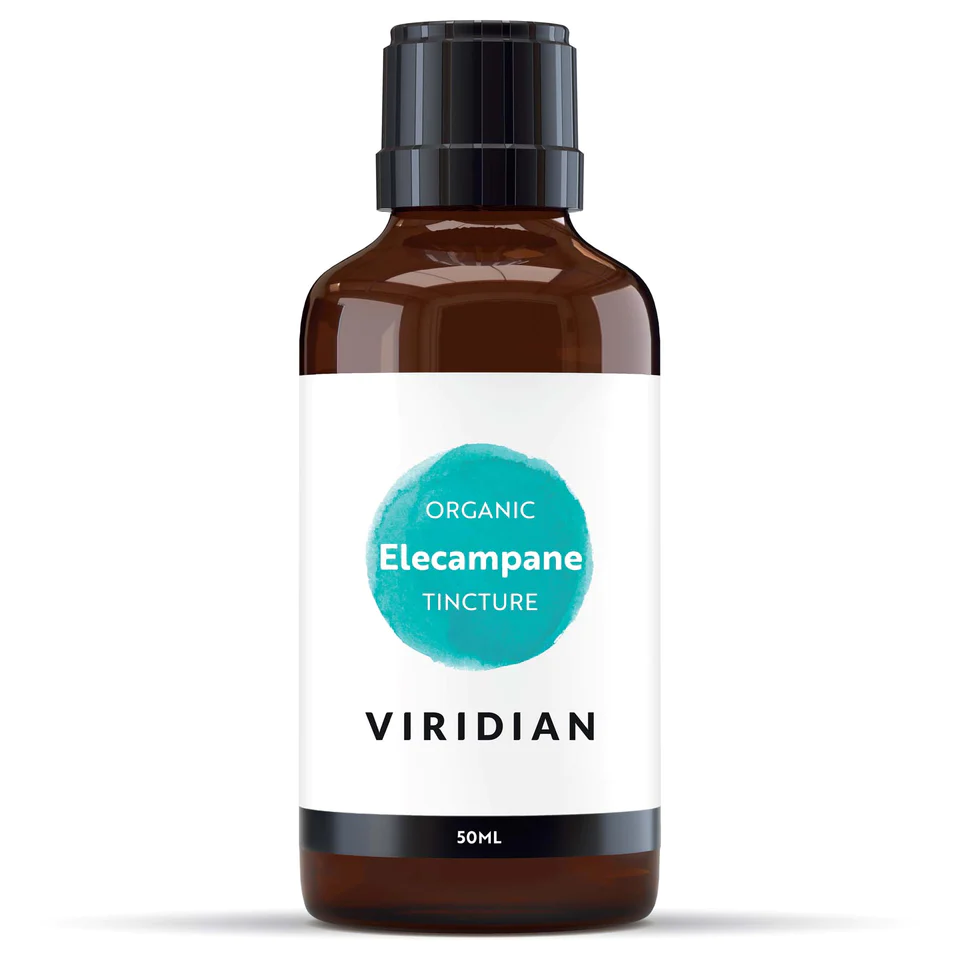
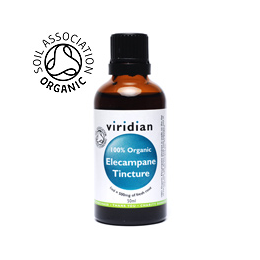
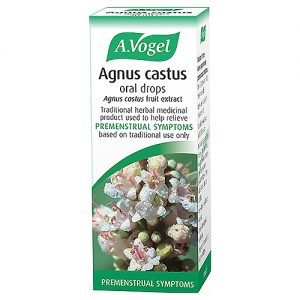
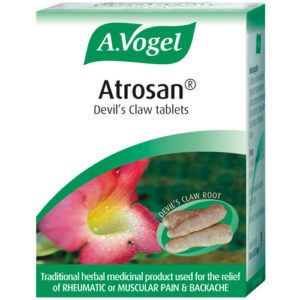
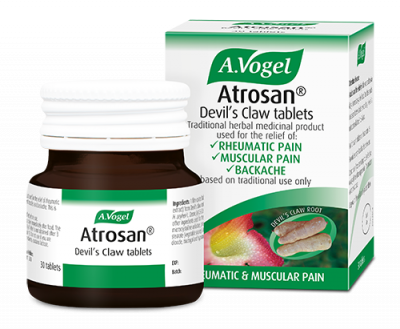
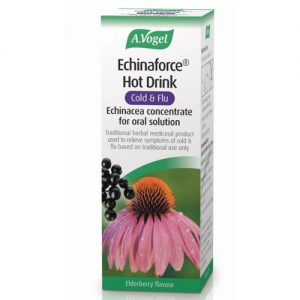
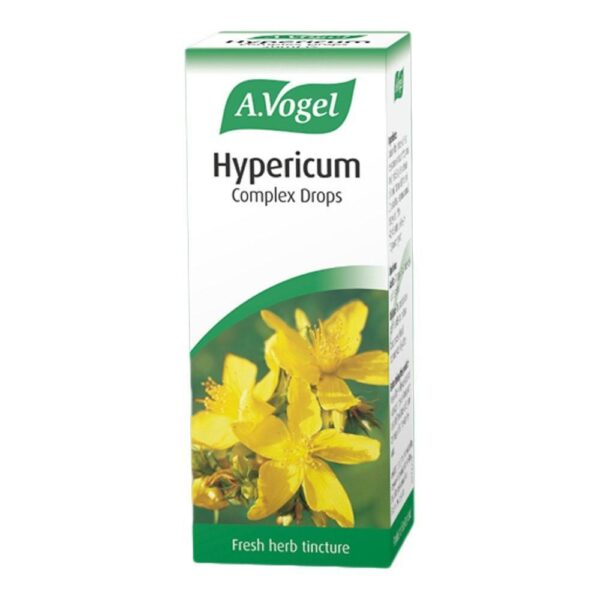
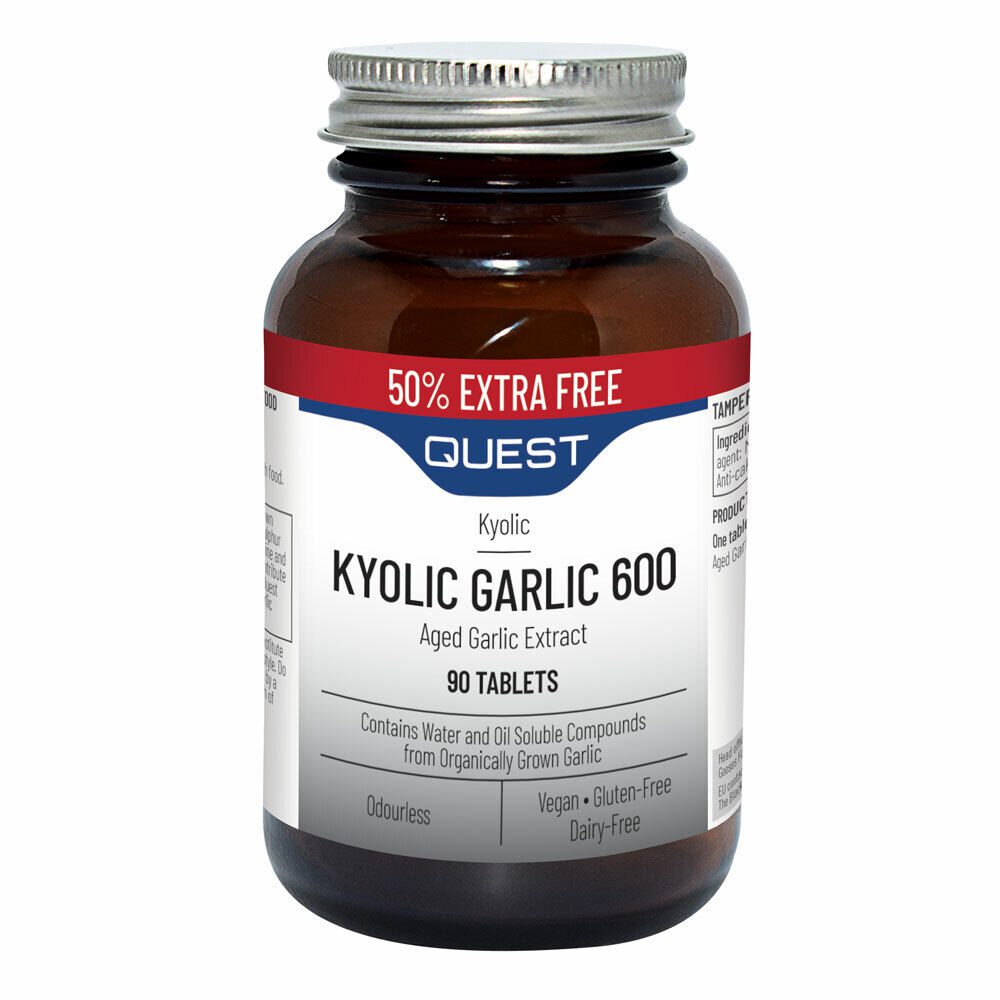
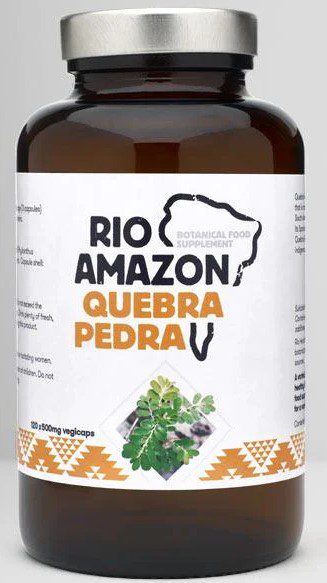
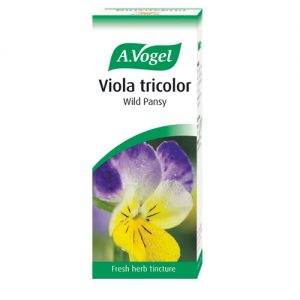
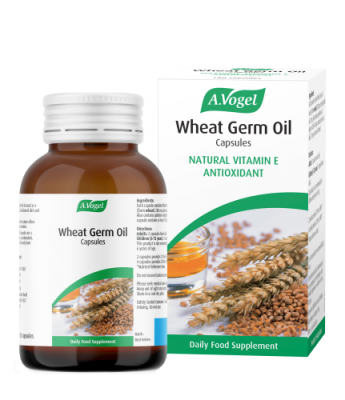




Reviews
There are no reviews yet.